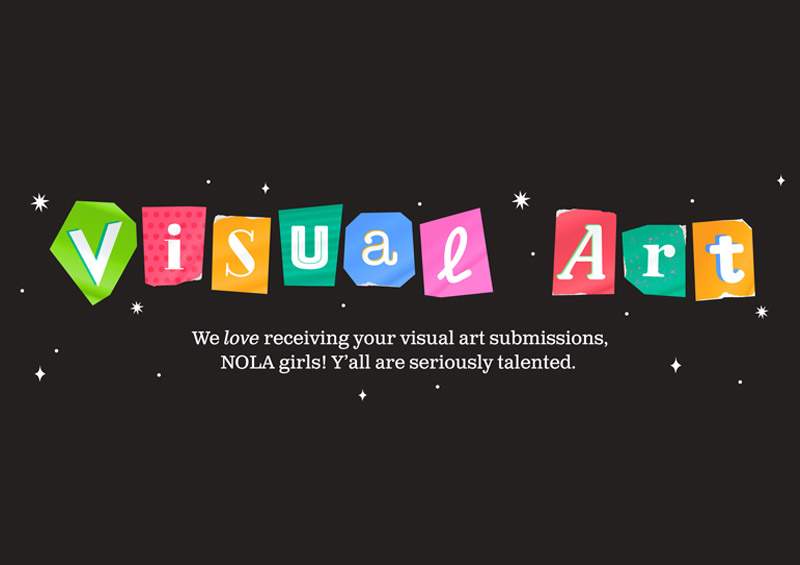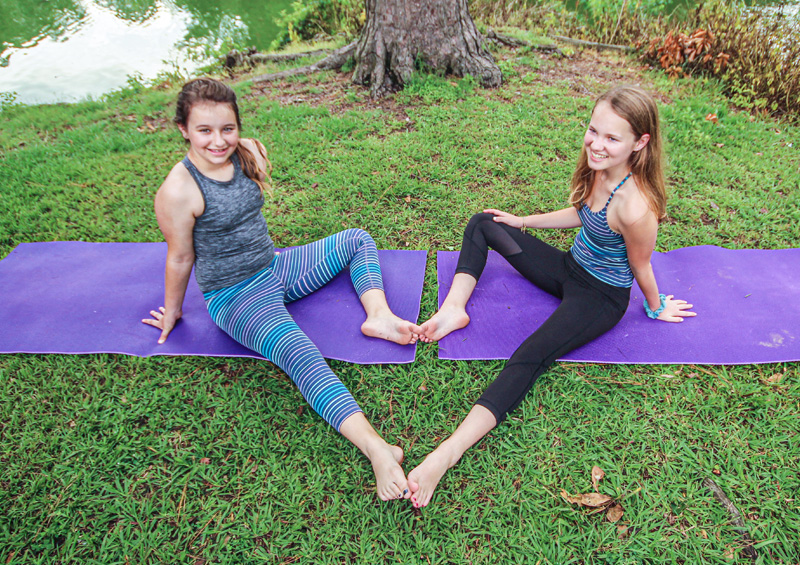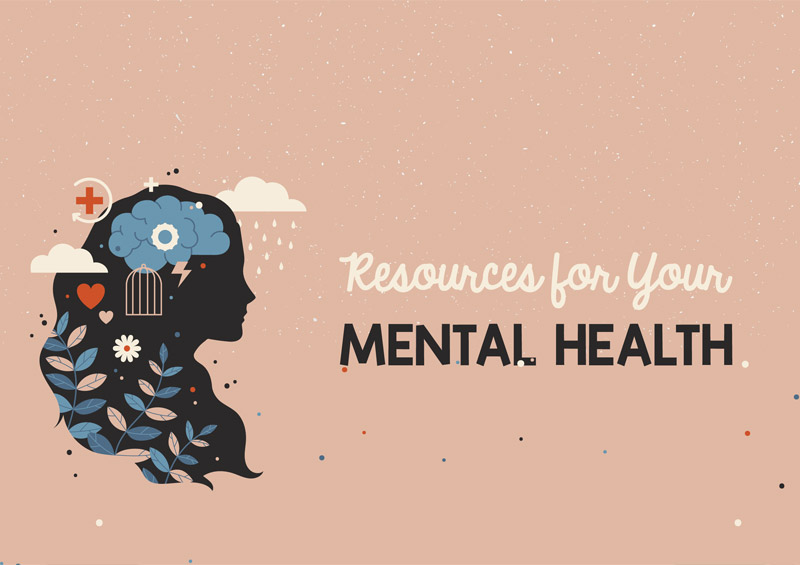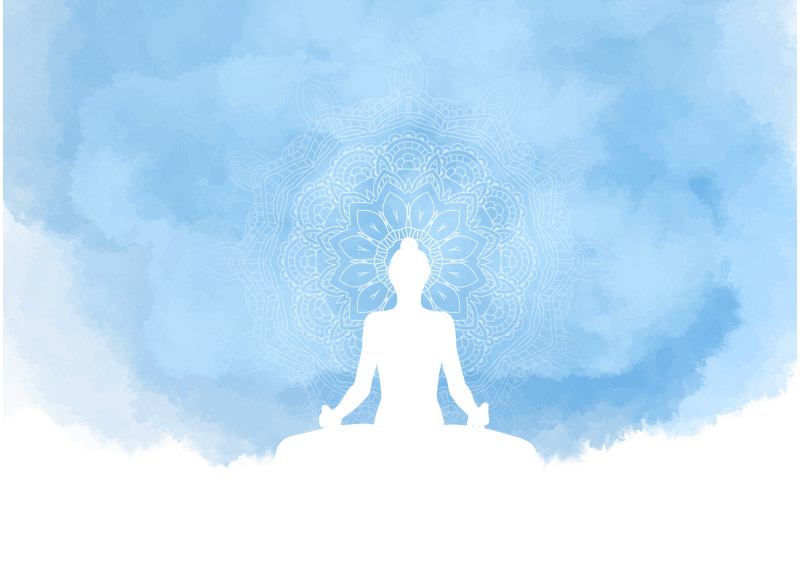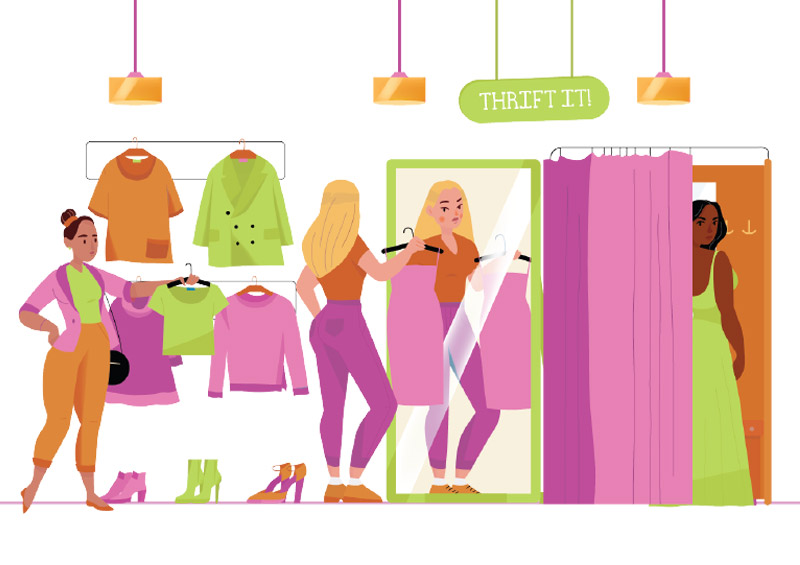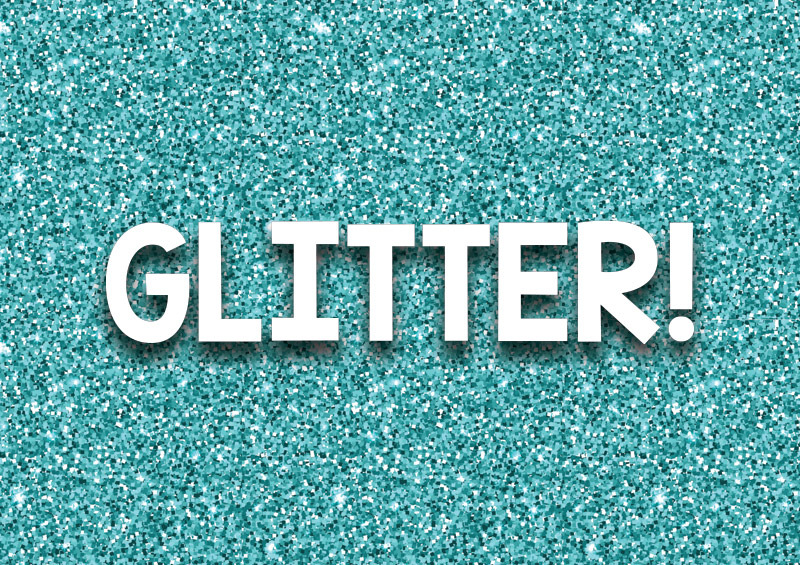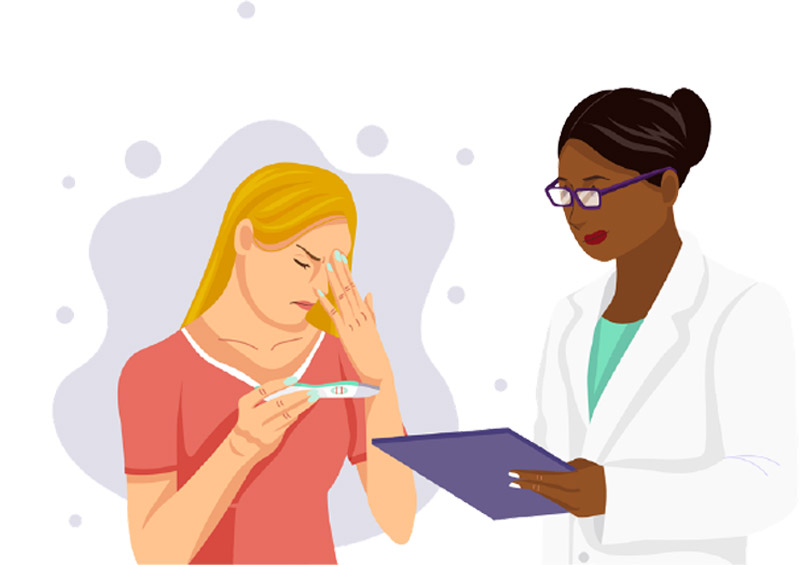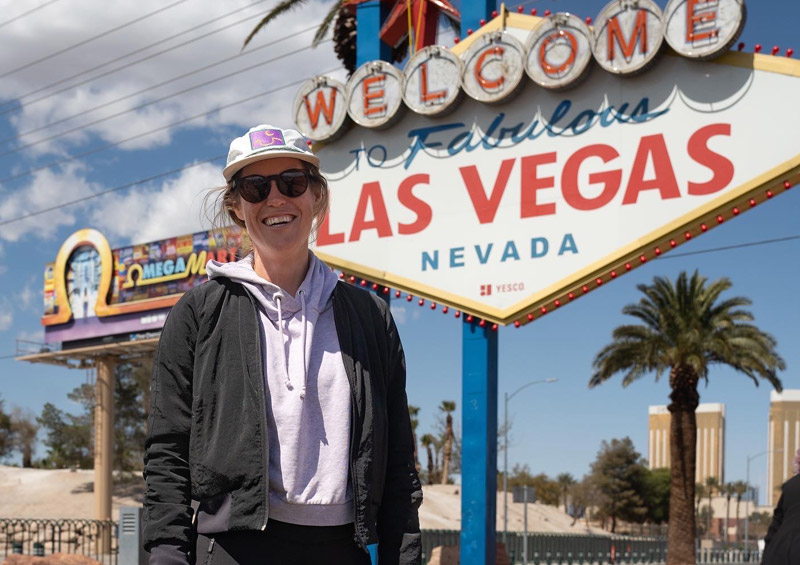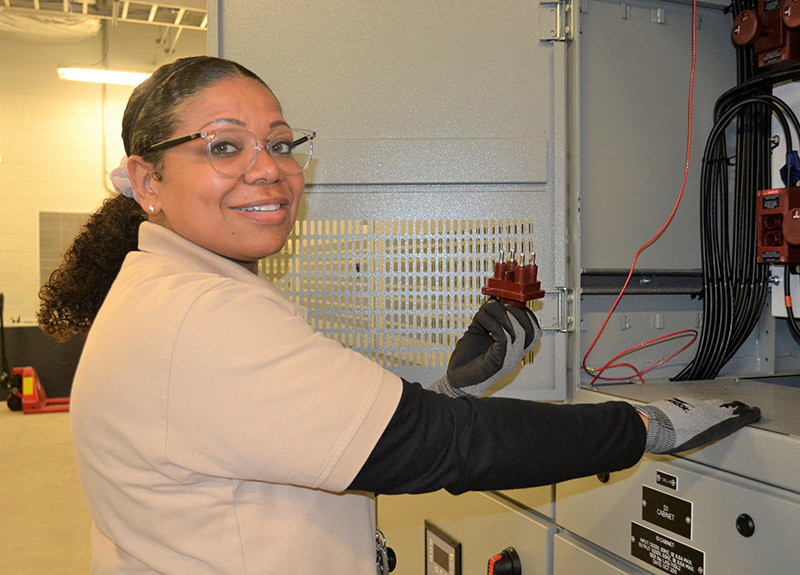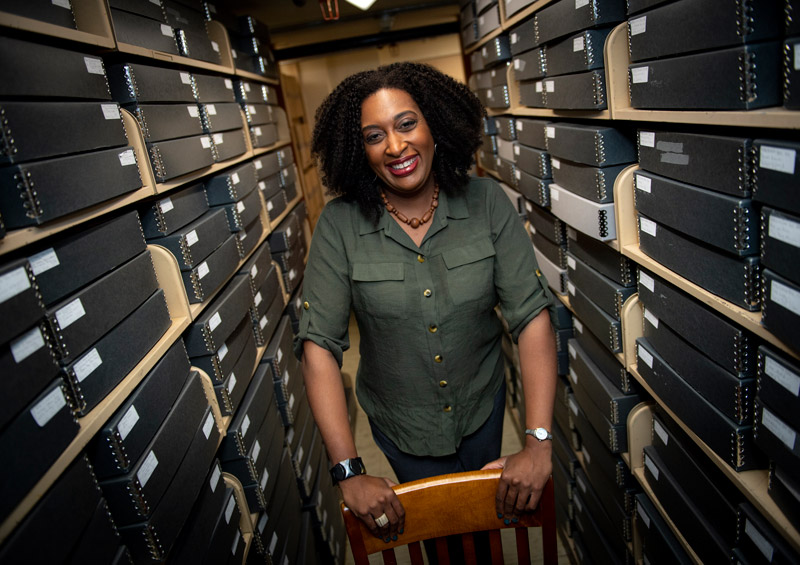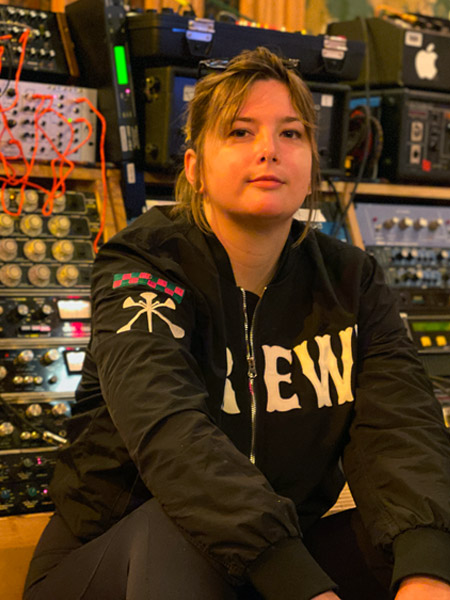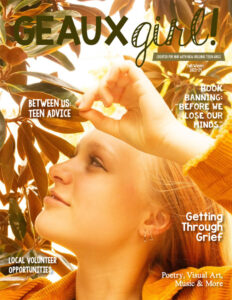Professional Journey:
Thanks to my family and being raised in New Orleans, I’ve always had music in my life. My parents played music and my father booked bands for local festivals. I’d witness the stage get set up, the people pile in, the sun go down and lights go on. I’d watch the artists backstage and see them transform in front of the crowd. It was all fascinating to me.
One day I saw an ad by the Tipitina’s Foundation about their after-school program for teenagers wanting to learn more about jazz, the music business, or production. That’s where I met my first mentor and fell in love with the control room, a cozy, dim lounge, but with loads of knobs and little flashing lights similar to a mission control center.
Post-Katrina, I didn’t really have a way to continue recording. Many studios in New Orleans were unable to reopen. There also was no undergraduate degree program in recording in Louisiana (there still isn’t), so instead I studied psychology. Eventually, I heard about a recording studio in LSU’s radio station and managed to get a show playing song requests. They had just enough equipment for me to track live performances of the touring artists that came through for interviews. I sent off a few of those recordings to Middle Tennessee State University and got into their Recording Arts and Technologies program. Those studio-intensive three years allowed me to immerse myself in studying recording and production techniques guided by a staff of Grammy-winning mentors.
Typical Workday:
I usually wake up on the later side because more often than not the magic goes down at night. Prior to getting into the studio, I may be editing arrangements or comping performances (editing together multiple takes to create one single, perfected performance) from the previous night. I head to the studio around noon and tidy up from the night before; it’s nice to not have to start the day tripping over lines and having to track down that one cable you accidentally unplugged. I power everything on, set up microphones or instruments we might be using that day, open Pro Tools, and hit record. If all goes well, the sound usually comes right out the speakers; if not, I’m troubleshooting faulty signal flow or researching repair options for equipment that’s older than my parents. There’s also always session and file management to stay on top of. This is best done with a fresh head, not after twelve hours of loud music and loads of coffee.
I’m currently working with Arcade Fire, which is anything but typical. I’m at their will and I love it. One day we might be recreating the production sound of a Beatles song. The next I may be making massive piles of experimental loops for a demo. But the majority of my time is spent critically listening to the music we’re making. I’m listening to the tuning of the instrument, the microphone choice, the preamp choice for the microphone’s output signal, the outboard gear choices for the preamp’s output signal. I’m listening to the tuning and timing of each instrument in the context of all of the other instruments and to the overall tempo of the song and how different sections of the song feel when that tempo is manipulated. I’m listening to the song in different keys. I’m listening to every single take, or performance, of each verse, chorus, and bridge of the song. I’m listening to the placement of the speakers relative to my mix position and flipping over to a different pair for comparison. I’m listening to the artist’s headphones so I understand what they’re hearing and to a rough mix through my iPhone so I know what the consumer is hearing. You’re just always listening because it’s the only way to make informed decisions.
Helpful Experiences:
I headed back home to New Orleans after finishing my MFA and more or less said yes to every opportunity presented to me. I was juggling multiple jobs at once for a while. By day, I was assisting the head engineer of Music Shed Studios and working as a personal assistant to artist Rickie Lee Jones. By night, I was thickening my skin with long, late hours of live sound in the French Quarter. The musicians I was supporting on stage would later see me in a studio session. That kind of rapport got my name out, gave me some street cred, which can go far in our city.
I always stayed open to different, unfamiliar jobs in the industry. I’ve had last-minute gigs recording live music on movie sets. I’ve met some amazing bands running monitors on stage during Jazz Fest. Before I knew it, I was on tour with Kamasi Washington or in a tracking room with Dr. John.
Did I know exactly what I was doing? No way! But I had enough of a skill set to know I had the ability to help. I had to believe that I had it within myself to survive and succeed, especially during slower times. At each juncture, I was learning a bit more about who I am, how I like to work as an engineer or producer, and how I could coexist with the rest of the music community.
I even ended up in front of a classroom at Loyola University teaching a college course in recording studio techniques. I was surprised by how much I enjoyed teaching as well as how much I learned through teaching. Not long before finishing the semester, Win Butler asked me to be his full-time recording engineer. Pretty much everything I’d gone through, or put myself through, led up to that moment and where I am presently.
Must-have Qualifications and Skills:
Being able to play an instrument isn’t completely necessary, but it certainly helps. A firm understanding of songwriting makes you more efficient in reaching the artist’s goals. Music is a language that comes in many dialects. You’re essentially transcribing their thoughts from thin air down onto paper and the last thing you want to do is mistranslate the message. This requires your undivided attention and the patience to relentlessly focus on one repetitive task or detail for hours at a time. You must anticipate the needs of the artists, producers, and other engineers you’re working with. When someone turns around to ask for something, you should already be standing there with what they need. Almost like having psychic powers. It’s extremely satisfying and productive when everyone’s on the same wavelength.
You also need to be willing to sacrifice certain qualities of your life. Weekends aren’t really a thing in this industry and the hours can be grueling. Most importantly, you have to have the drive within you to help others. This career path revolves around facilitating the artist’s process. A large part of this is maintaining a safe and inspiring environment that promotes their creativity.
Most Challenging:
One of the most challenging things about becoming an engineer or producer is having the resources to gain the required experience and education. You need to find a way, financially and physically, to make music on a regular basis. That’s hard for most people. If you don’t own a studio or have readily available access to one, you have to make do with what you have—a cassette recorder, a computer, a voice memo app on your phone.
When you do find yourself in a studio, you need to dedicate as much time and effort as you can to those resources. You can read manuals and textbooks, but you need to get in there and make music! It’s the only way you’re going to figure out how to make a studio work and how to troubleshoot when it’s not working. With time, you begin to learn the intricacies of each piece of equipment and understand how their unique sonic characteristics can be used to achieve the sound you want. When someone doesn’t show up and you’re offered the reins, you need to be prepared to knock it out of the park or at least get sound out of the speakers. Without the privileges of studio access, professional mentors, and the time to dedicate to both, things can be very challenging.
You also have to get used to rejection. You’ll be working in a male-dominated industry. For engineers, there’s a certain presence you need to have in the studio. Calm, collected, confident. That’s hard to be when someone in the room isn’t taking you seriously because you’re a woman. Use the assumptions of men against them. You can be sweet as pie, but when you’re in the control room, don’t be afraid to be aggressive and stand your ground. They won’t expect it. People in this industry aren’t accustomed to working with women and don’t necessarily think about working with female engineers and producers. There’s an absolute benefit that women can bring to the industry and we can make them realize this.
Most Fun:
I make music so I enjoy nearly everything! There’s always something new (or old) to discover, whether it’s music history, songwriting approaches, production techniques, or recording technology. I like pushing every piece of equipment at my disposal to its limit. Using instruments and software in ways they were never intended for is really exciting to me.
I enjoy the journey of setting out to make a song and pulling a vision into reality, creating something that never existed before, hearing the results of your hard work in the finished product, and then watching how listeners react. One of my favorite parts about this work is the people you meet and the bonds you form with them through the process of making an album. I’ve come to know so many good people and making music with them has made me more happy than I knew I could be.
Advice for girls who don’t know yet what they want to be when they grow up:
Do whatever you can to have a career that fulfills you. What you want may change over time and that’s okay. You’ll go through an array of different jobs and work environments along the way. Eventually, you’ll find one that sticks for a while and then another opportunity will present itself. Say yes to that opportunity! And don’t worry if one passes you by. Opportunities are like trains. If you miss one, there’s going to be another on the way.
If you want to be an engineer or producer, be proactive about gaining experience. Find someone to make music with. Find a mentor and watch their every move. Make things a bit easier on yourself by learning what not to do from them. Surround yourself with talented people who make you grow. Also, never get complacent or too good at one thing! Get out of your comfort zone and try something you don’t know. Great things can happen when you don’t quite know what you’re doing. Above all, believe in yourself and trust your instincts.
